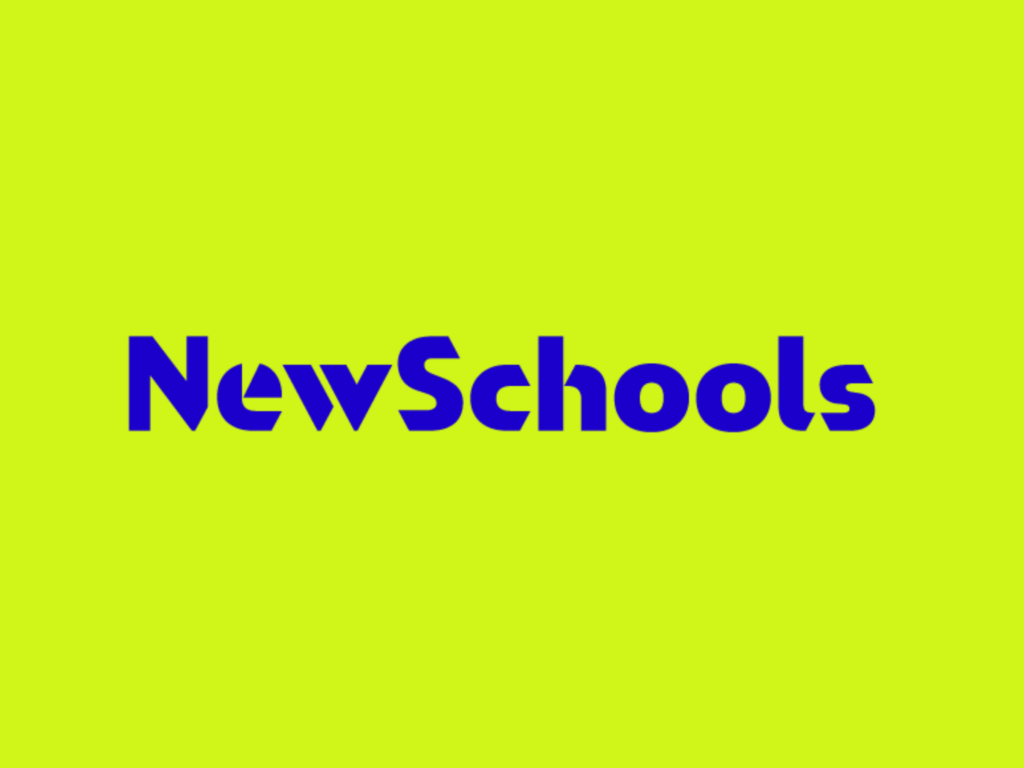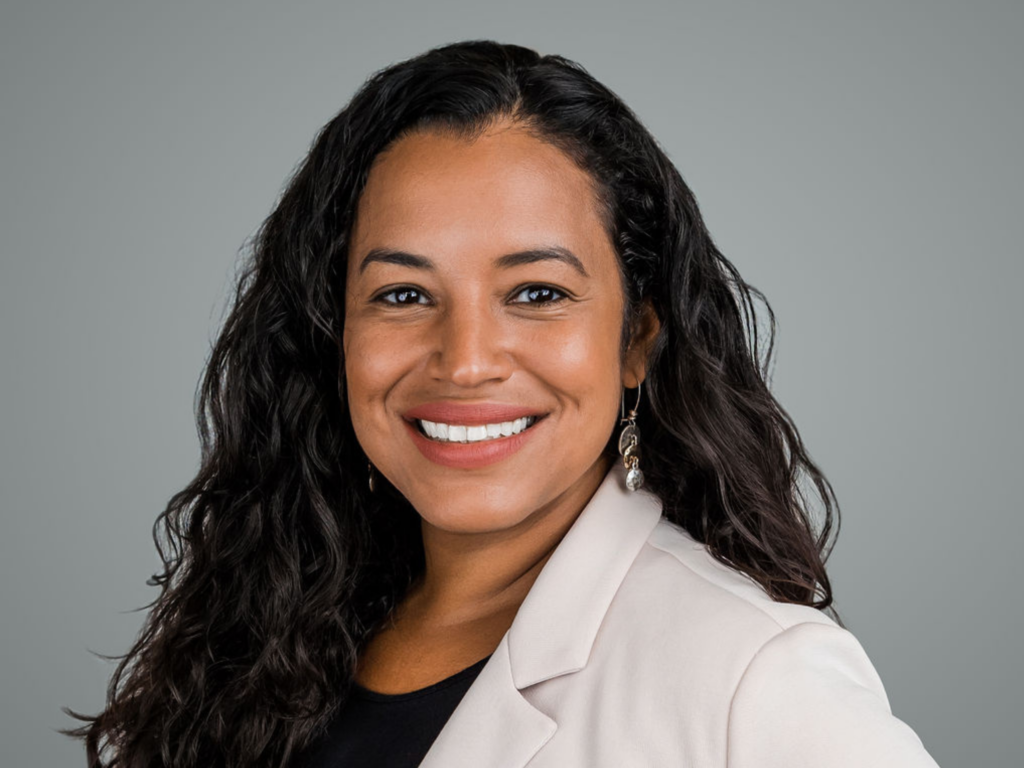The following post was originally published on EdSurge:
Legions of people have had their lives changed, indelibly and profoundly, by a single book. Tonika Cheek Clayton had hers shaped by a book she couldn’t lay her hands on.
When she was a senior at Houston’s Booker T. Washington High School for the Engineering Professions in the mid-nineties, Cheek Clayton tackled AP Physics—without a textbook. “We had maybe six old, 1970-something books we were sharing,” Cheek Clayton remembers. “I was outraged. How were we supposed to take AP Physics at an engineering high school and we didn’t even have books?” When she enrolled at Harvard a year later, she became even more appalled by the inequity. “When I saw what I was up against and who I was competing with and the lack of preparation I had relative to kids who went to private schools, I felt like this is just ridiculous,” she says. “Why can’t we do better? Every student in every school deserves to have an excellent preparation.”
That missing textbook has propelled Cheek Clayton into her current role as a managing partner at NewSchools Venture Fund, where she oversees a team responsible for finding, funding, and helping to develop new technology tools that can level the educational playing field. EdSurge recently spoke with Cheek Clayton about her work at NewSchools.
EdSurge: You’ve had a fascinating journey—going from the NBA, where you helped the association launch its Development League, to the forefront of educational technology. How did that transpire?
Tonika Cheek Clayton: I loved my job at the NBA. But when I went back to business school, I wanted my career to be purpose-driven, and education is something that I had always been passionate about. Once I finished business school, I started working at the Public Education Leadership Project (PELP), applying business principles to help support large urban school systems and improve student performance. I worked for three years doing case studies on different school districts. Through a case that I wrote on Montgomery County Public Schools (MCPS) in Maryland, I learned about WirelessGeneration which, at the time, was a company that had partnered with MCPS on mobile assessment software that could save teachers a ton of time.
I remember being so impressed because Montgomery County was receiving a royalty every time that product was sold by the company. It was amazing to see an actual school district that was making money on edtech. I was like, “What?!”
I met Larry Berger, one of the founders of Wireless Generation, at a forum at Harvard Business School. I talked with him about the work that we did with Montgomery County and he said, “Hey, we’re trying to grow our company. We’re interested in hiring people like you.” I worked for Wireless Generation (and Amplify, as it was later known) for eight years and then transitioned over to NewSchools two years ago.
Tell us about your role at NewSchools.
At most schools, the way classes are being taught still closely resembles what was done for our great-great-grandparents. We at NewSchools believe that with technology and what we are learning now, we can create new school models that can meet all students where they are.
And we don’t think there’s just one single way to do it. We want to fund lots of innovators and teams of educators who are building these types of schools. My team is investing in entrepreneurs who are building the types of tools and services these innovative school models need.
How do you select companies to fund?
We invest in edtech companies through market gap challenges. That means we identify specific areas within the K–12 market where teachers and students desperately need tools to support instruction in the classrooms, but either there aren’t enough products out there supporting this need or the products available don’t have great quality.
We invite entrepreneurs to apply who are either building a solution to meet that need, or are working to improve a solution they’ve already developed. We then select winners. We support these entrepreneurs through funding, and also by bringing them together in a community to talk about their products and push each other’s thinking to help with the innovations. We also help them improve their products through a partnership we have with WestEd, a research organization that does small-scale studies and then gives specific feedback to help improve the products. We are currently working with WestEd to build out a website that will be a resource center for the broader edtech community. The website is made possible by a grant from the Small Business Administration.
Part of our work is also making investors, particularly social-impact investors, aware of these products that are supporting high-need subject areas. We want to make sure investors in K–12 education are aware of these tools.
How are you measuring success?
We look at the number of students using the tool. Is it growing? We also look at follow-on funding—how much money have our winning companies been able to raise after we’ve selected them? However, actually measuring the impact on student learning is complicated, as student achievement is often related to a number of factors and it’s difficult to isolate the impact of the tool by itself. Even still, it’s something we’re working toward.
What market gaps have you targeted so far?
We’ve already launched three challenges. We’re currently working with the winners of the English Language Learning Challenge. The first two challenges we launched were a K–12 Science Challenge and then a Middle and High School Math Challenge. To date, we have invested in 43 ventures across those challenges.
We are currently researching special education as a focal point for 2017 and we should be rolling out that challenge in late February.
Why special ed?
There is a wide achievement gap between students with and without disabilities. In addition to student achievement in the classroom, graduation rates are lower and unemployment is higher.
So, we’re asking questions like: What’s the role of ed tech with this student population? Can ed tech actually make a difference? In some of our initial conversations with educators, entrepreneurs, and investors, there seems to be a significant benefit to using ed tech tools to help close the performance gap and meet students where they are.
When you’re not shaping the future of education, what do you like to do?
I love spending time with my husband and my three kids. I love musical theater. I love Hamilton. I love to sing. I like to play the piano, and I love to travel.

